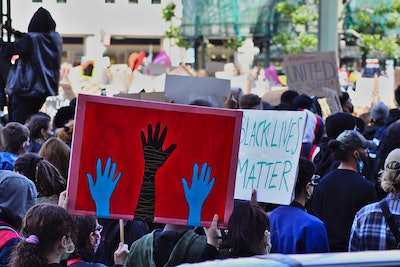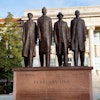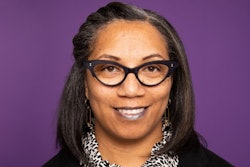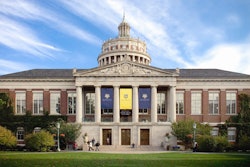George Floyd was killed by police a few miles from Dr. Valerie Chepp’s house.
And as her students went out into the streets to protest this past summer, she completely redesigned her senior capstone course for the fall.
Chepp is the social justice program director for Hamline University in St. Paul, Minnesota, and through the program, she felt like she had the opportunity to address the questions student activists were asking themselves while equipping them with applicable skills for their community organizing.

Founded in 1999, Hamline’s social justice program is one of the older programs of its kind. But social justice studies programs appear to be a burgeoning interdisciplinary field, and in the wake of increased Black Lives Matter protests, scholars see a high demand for social justice teaching and research.
Social justice-focused programs go by many names, so it’s unclear how many are out there. The field is “overlapping” and “ill-defined,” wrote Dr. Michael Loadenthal, executive director of the Peace and Justice Studies Association, in an email to Diverse. But he’s noticed an upward trend.
“While membership varies monthly as memberships end, renew, lapse and begin in predictable, seasonable patterns, our membership has been on the increase for more than three years, and in general is skewing younger and more diverse as time goes on,” he says.





















